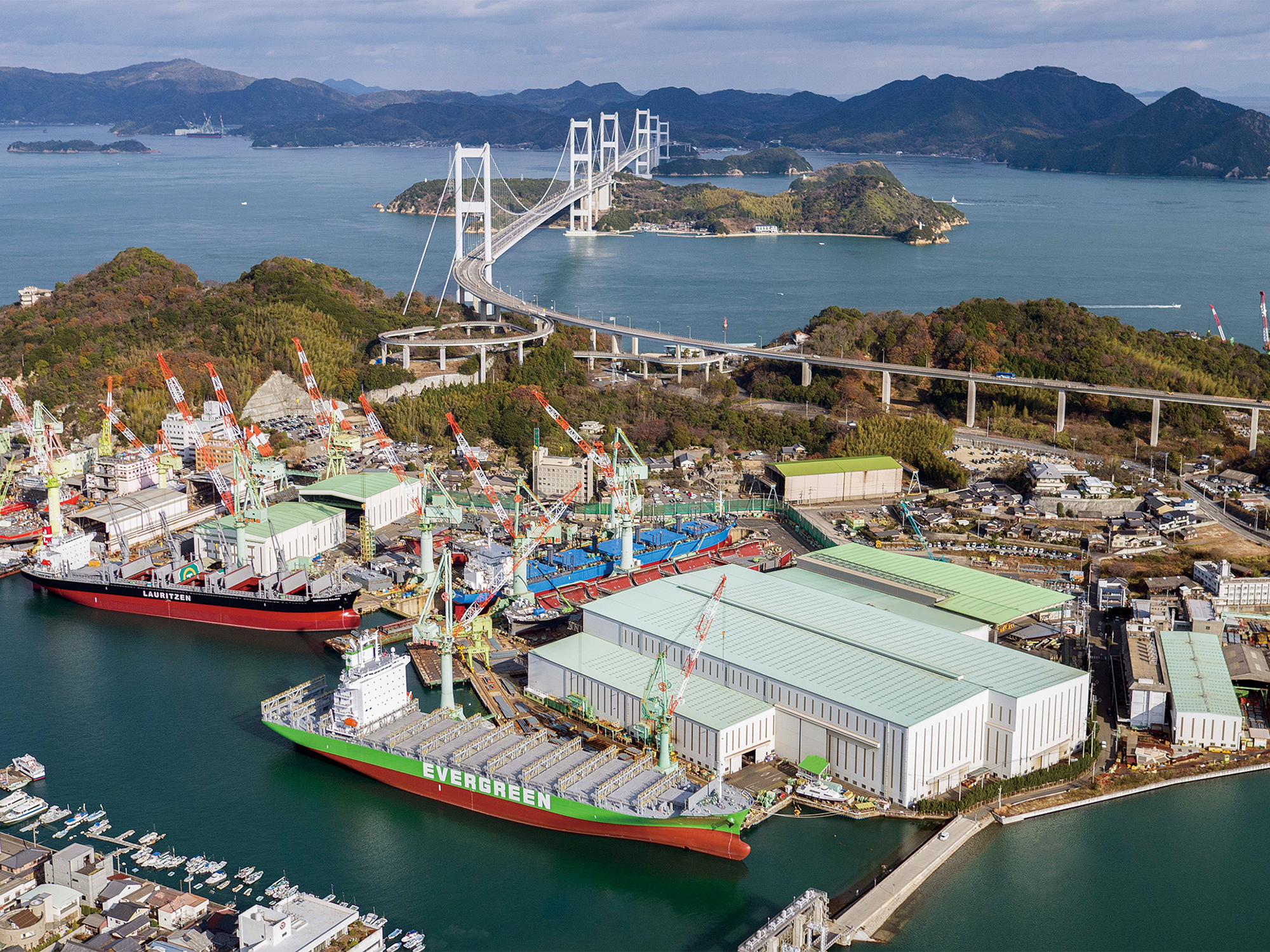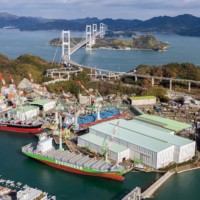Five years ago, I was the director of the Shipbuilding and Ship Machinery Division of the Maritime Bureau at the transport ministry, which oversees shipbuilding.

At the time, Japan’s shipbuilding industry was in a crisis, affected by a global shipbuilding slump and a stronger yen. The volume of ship construction orders, which should have kept the industry busy for at least two years, shrank to just enough for about one year. Some shipyards stopped building new vessels and some shipbuilders closed docks. In response, the government formulated the Act on Strengthening Maritime Industries to bolster the nation’s shipbuilding and shipping, and introduced a system to create a virtuous cycle between the shipbuilding and shipping industries by supporting shipbuilders who make capital investments to strengthen their business and shipping companies that procure ships from such builders.
Over the last five years, Japan’s shipbuilding industry has made a significant recovery as companies worked to strengthen their foundations under the act, aided by a recent rise in ship prices and a depreciation of the yen. Many major shipyards now have enough orders to keep them busy for four to five years.
Going forward, demand for new ships is expected to increase for years to come, driven by the need to replace many vessels constructed around 2010 and an increase in orders for green-fuel ships with decarbonizing impact.
At the same time, the environment surrounding Japan’s shipbuilding industry is undergoing significant changes.
For example, in late June, the Liberal Democratic Party’s Special Committee on Marine Transportation and Shipbuilding and Headquarters for the Promotion of Economic Security handed an “Emergency Proposal for the Revitalisation of Japan’s Shipbuilding Industry” to then-Prime Minister Shigeru Ishiba. The document calls for the government to draft a road map that incorporates goals and specific measures for the industry by this fall, and government ministries and agencies are considering this proposal.
Japan and the United States also agreed to closely cooperate in shipbuilding and other areas at bilateral tariff talks in July. Going forward, the bureau plans to identify specific areas of cooperation, taking into consideration the intentions of the United States, and aims to design effective measures.
I have been involved in maritime administration for over 30 years, but Japan’s shipbuilding industry has never been covered more extensively by the media or attracted more public attention than it does now. This presents a rare opportunity for the shipbuilding industry. I believe that the government should seize this opportunity to bring all its measures to full operation, and shipbuilders should not fail to make effective investments to achieve a leap forward.





